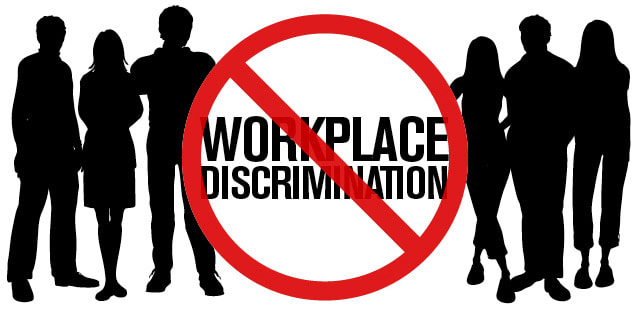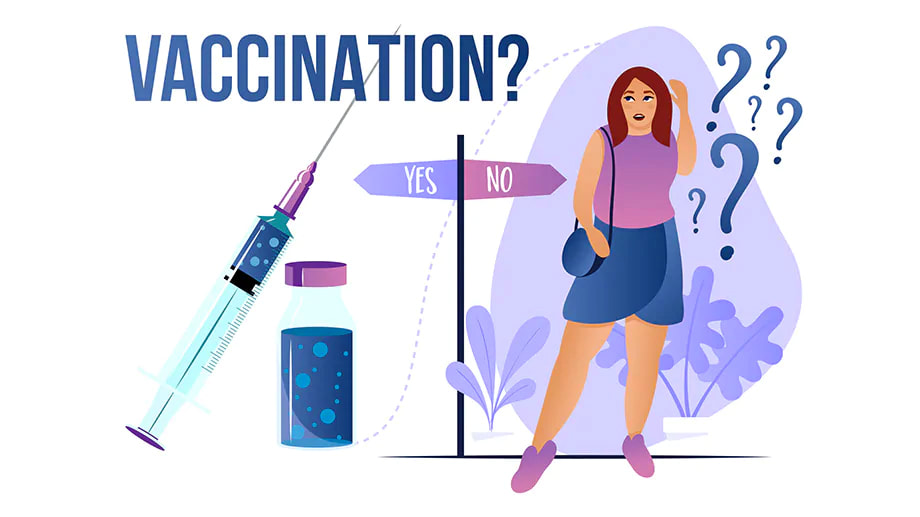|
As we continue to deal with the challenge of reducing the number of Covid-19 cases in T&T, many view mass vaccination as the answer in regaining control and reducing the severity of the pandemic within our shores. On the other hand, others have reservations over being vaccinated; they often cite possible side effects and the fact that the vaccines have been developed in a short period of time with a limited trial period. Thus far, whether or not a person gets vaccinated depends on his or her personal choice. What if the freedom to make this decision changed? What if a person's employer decided to issue a mandate that all employees must be vaccinated. Is it legal for an employer to do this in T&T?
If an employer issues a mandate that all of its employees must be vaccinated this can be considered illegal in T&T for the following reasons:
1. There is currently no law mandating Covid-19 vaccinations in Trinidad and Tobago nor is it mandated by the World Health Organisation. To date, the government of Trinidad and Tobago has not legislated for the Covid-19 vaccine to be mandatory to anyone. This means that the government cannot force or mandate that anyone take the vaccine. Additionally, the World Health Organisation (WHO) has not issued a mandate for Covid-19 vaccinations. In fact, in a policy brief published by the WHO on 13th April 2021 entitled "Covid-19 and Mandatory Vaccination: Ethical Considerations and Caveats" it concluded that: "Vaccines are effective for protecting people from COVID-19. Governments and/or institutional policy-makers should use arguments to encourage voluntary vaccination against COVID-19 before contemplating mandatory vaccination. Efforts should be made to demonstrate the benefit and safety of vaccines for the greatest possible acceptance of vaccination. Stricter regulatory measures should be considered only if these means are not successful." The Trinidad and Tobago government appears to have taken this position as well as they continue to encourage persons to take the vaccine rather than mandate that it be taken. In a Sunday Express article dated February 17th 2021, Minister of Health Terrence Deyalsingh is quoted as saying: "The Government cannot force, mandate or legislate that anyone take the vaccine, so it's not mandatory but it's highly recommended." In the absence of vaccination becoming a legal requirement, an employer cannot currently force an employee to be vaccinated without their consent. 2. Mandating vaccinations can result in employee discrimination.
An employer who requires employees to receive a vaccination could potentially be open to the risk of a discrimination claim on the grounds of disability, religion or belief. The Equal Opportunity Act prohibits discrimination in employment based on (among other things) disability and religion.
In regard to a disability, if an employee has a genuine medical reason for not taking the vaccine and is advised by his/her doctor not to, an employer's vaccine mandate that he/she must take it would be grounds for a discrimination claim. In regard to religious belief, if an employee belongs to a religion that opposes vaccinations, an employer's vaccine mandate that he/she must take the vaccine would also be grounds for a discrimination claim. Additionally, this can also be a breach of the employee's constitutional rights. According to section 4 of the Constitution of Trinidad and Tobago a person has freedom of conscience and religious belief and observance. This means that in Trinidad and Tobago, persons have the freedom to practice their religion or belief. If an employee decides to not take the vaccine because of his religion or belief, a mandate at work forcing him to do so would be a breach of his constitutional rights. 3. An employer cannot introduce unilateral alterations to terms and conditions of employment.
Imposition of a mandatory vaccination policy by an employer could amount to a unilateral alteration of the terms and conditions of employment. When a employee begins working for an employer there are agreed terms and conditions of employment. If a mandatory vaccination policy is later imposed by an employer, the employer would be unilaterally altering the terms and conditions of employment without the agreement of its employees. Unilateral alterations are not valid and in some cases may even be grounds for constructive dismissal claims. However, it may be possible for an employer to require vaccination when hiring new employees by including the vaccine requirement in the terms and conditions of a new contract. However, this is presently impractical in Trinidad and Tobago as Covid-19 vaccines are not yet widely available.
The better approach for employers is vaccine education and encouraging employees to make the decision to take the vaccine. Efforts should be made to demonstrate the benefit and safety of vaccines for the greatest possible acceptance of vaccination.
Important Notice: This post does not constitute legal advice. Always consult with an attorney on any legal problem or issue.
This website is managed by AURORA Chambers; a law practice in Trinidad and Tobago. Click HERE to receive updates straight to your inbox by subscribing to our newsletter.
YOU MAY ALSO LIKE TO READ:
CAN A PERSON BE FORCED INTO QUARANTINE DURING THE CORONAVIRUS PANDEMIC IN T&T?
0 Comments
Leave a Reply. |
Categories
All
Archives
June 2024
|
LawForAllTT.com |
|







 RSS Feed
RSS Feed